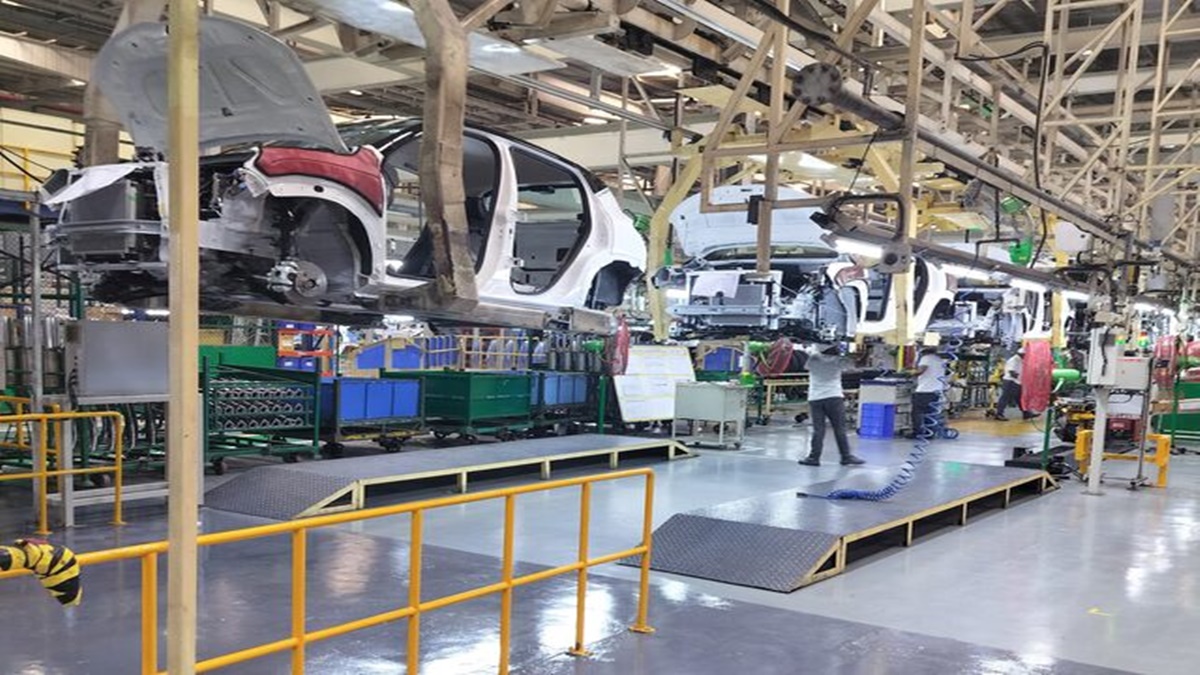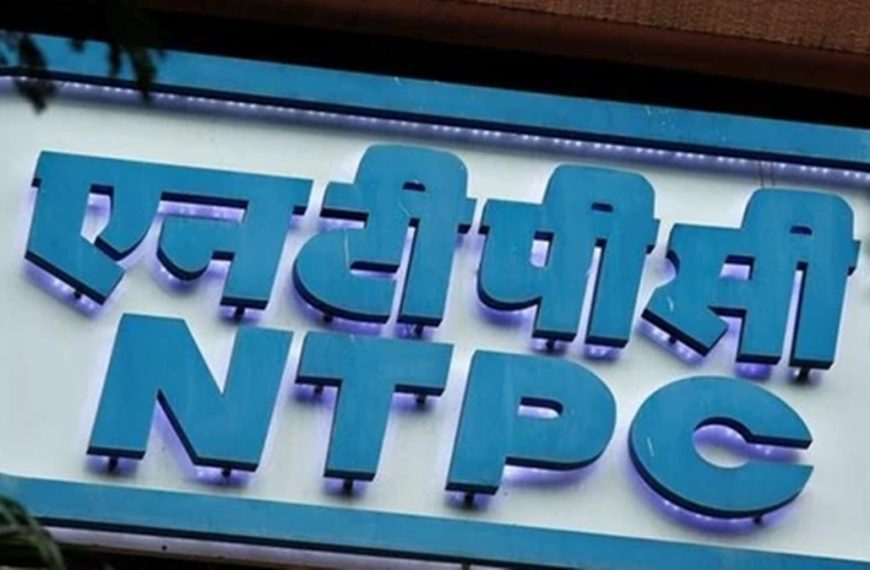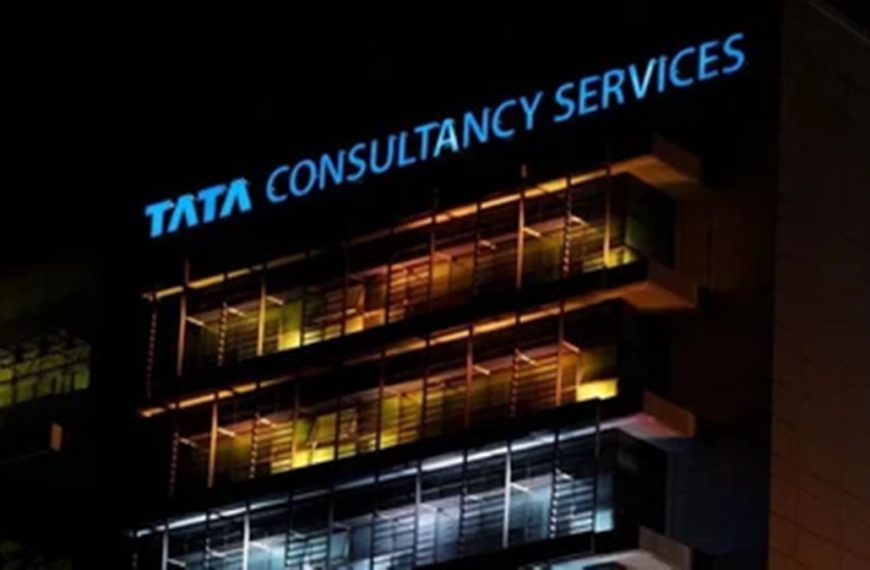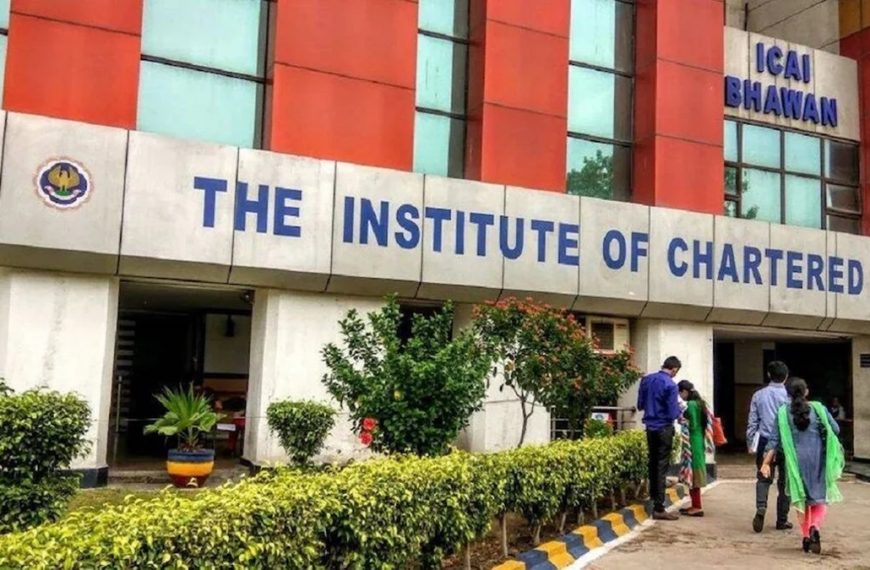India’s automotive component industry is on the brink of transformation, with ambitious plans to escalate production to $145 billion by FY30. This bold vision, outlined in a recent Niti Aayog report, emphasizes a combination of fiscal and non-fiscal strategies aimed at enhancing the nation’s global standing in the automotive sector. By initiating operational expenditure support and fostering cluster development, India aims to solidify its position in the international market while forming beneficial free trade agreements (FTAs) with key partners.
Vision 2030: A Roadmap for Growth
The report, titled “Automotive Industry: Powering India’s Participation in Global Value Chains,” envisions a remarkable increase in exports from $20 billion to $60 billion. Achieving this goal could potentially create a trade surplus of approximately $25 billion and elevate India’s share of the global automotive value chain from 3% to 8%. This growth is expected to generate between 2 to 2.5 million new direct jobs, bringing total employment in the sector to 3 to 4 million.
Despite being the fourth-largest automobile producer worldwide, India holds a relatively small share—around 3%—of the global automotive component trade, which is valued at about $20 billion. The country’s participation in high-precision segments such as engine components and steering systems is notably limited, ranging from 2% to 4%. Challenges like high operational costs, insufficient infrastructure, and low investment in research and development hinder the sector’s competitiveness.
Addressing Key Challenges with Fiscal Measures
To tackle these issues, the report suggests implementing fiscal initiatives designed to enhance manufacturing capabilities. This includes:
- Operational expenditure support focused on capital investments in tooling and infrastructure.
- Incentives for research and development to drive innovation.
- Empowering micro, small, and medium enterprises (MSMEs) through intellectual property transfers.
- Establishing shared facilities, such as research and testing centers, to encourage collaboration within the supply chain.
BVR Subrahmanyam, CEO of Niti Aayog, emphasized the urgency of creating a supportive ecosystem: “International companies need motivation to relocate, and that’s where fiscal support becomes crucial.”
Non-Fiscal Strategies for Market Expansion
In addition to fiscal measures, the report advocates for several non-fiscal strategies, including:
- Embracing Industry 4.0 technologies to enhance manufacturing efficiency.
- Establishing joint ventures and foreign collaborations to boost innovation.
- Negotiating FTAs with major markets like the US and the EU to improve market access.
- Streamlining regulations and enhancing flexibility in worker hours to attract investment.
Niti Aayog member Arvind Virmani highlighted the importance of FTAs, stating, “Most automotive firms are based in the US and the EU, making these agreements vital for our growth.”
A Promising Future
With the global automotive component market valued at $2 trillion and annual exports reaching $700 billion, India’s production of nearly 6 million vehicles per year positions the country for considerable growth. However, the success of this ambitious plan hinges on the effective implementation of the proposed reforms, setting the stage for a robust automotive future.
By focusing on innovative strategies and fostering international collaborations, India is poised to not only enhance its automotive component production but also significantly impact the global automotive landscape.











